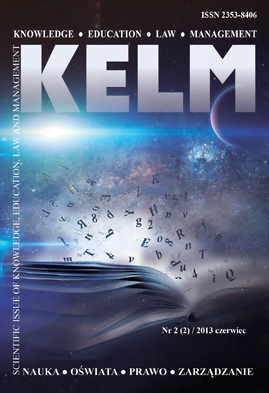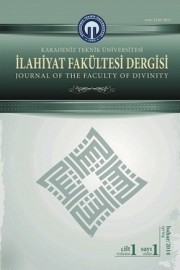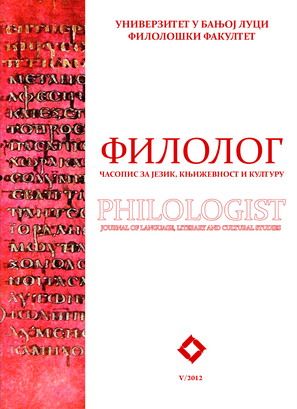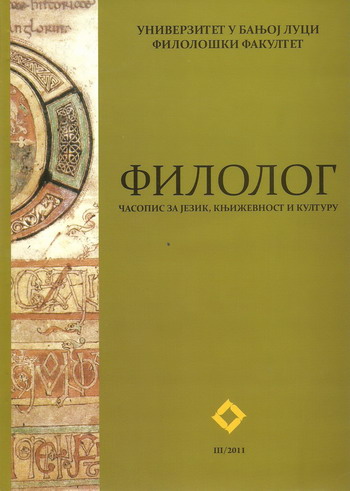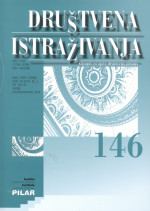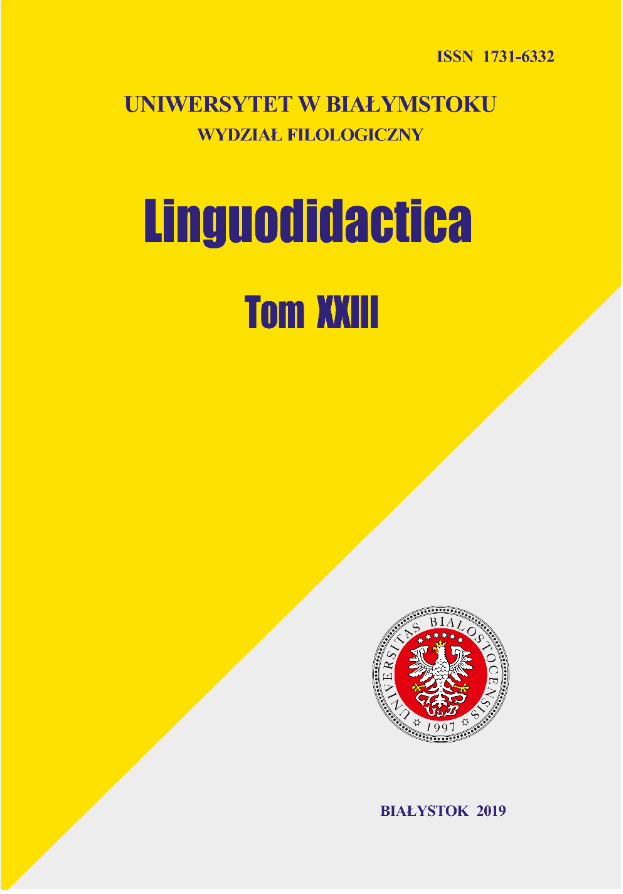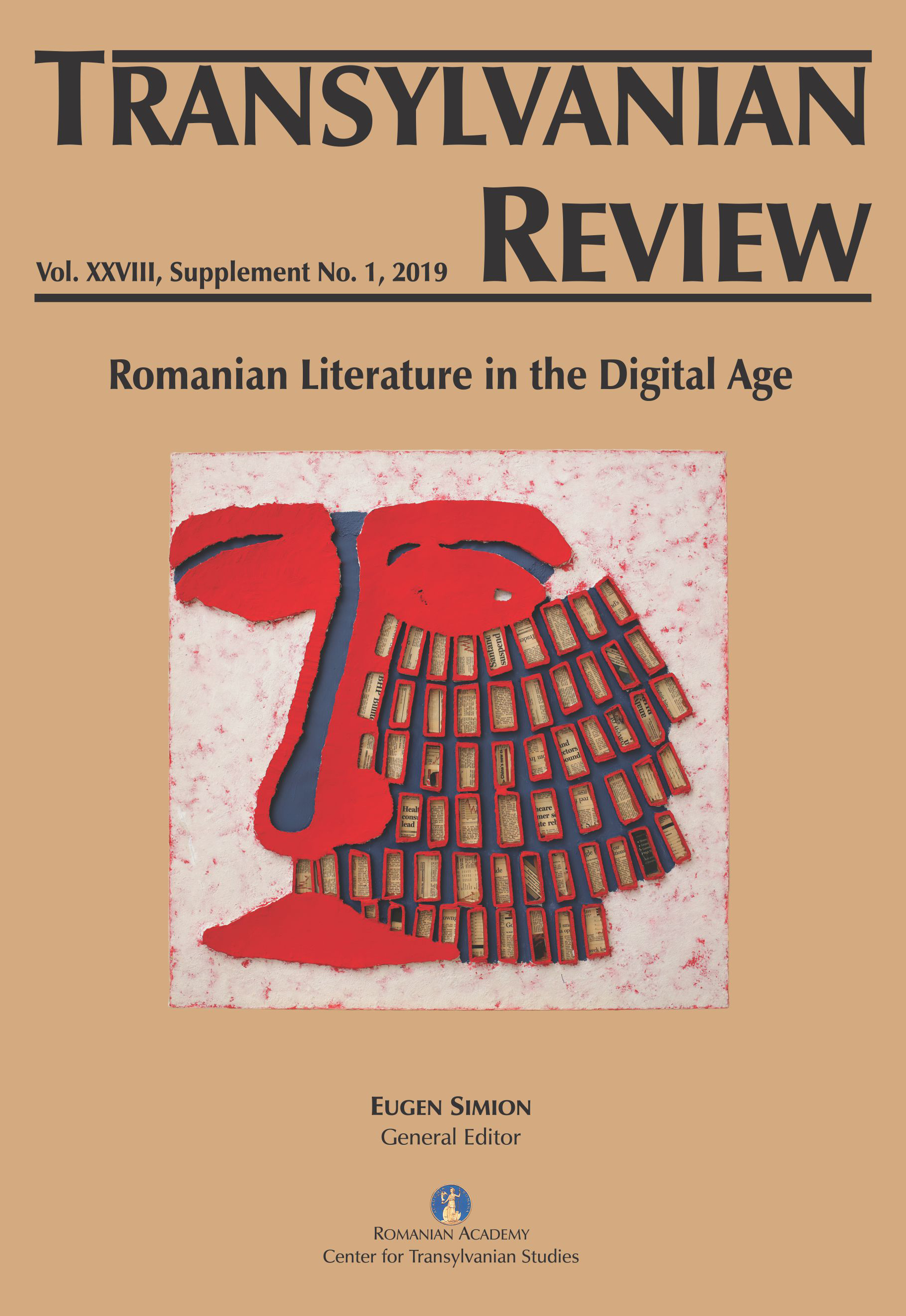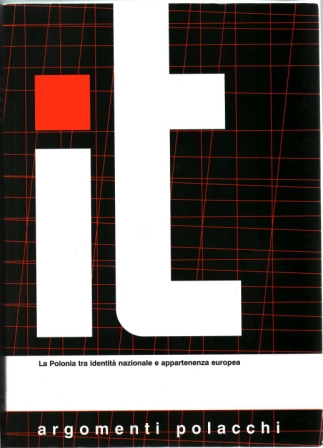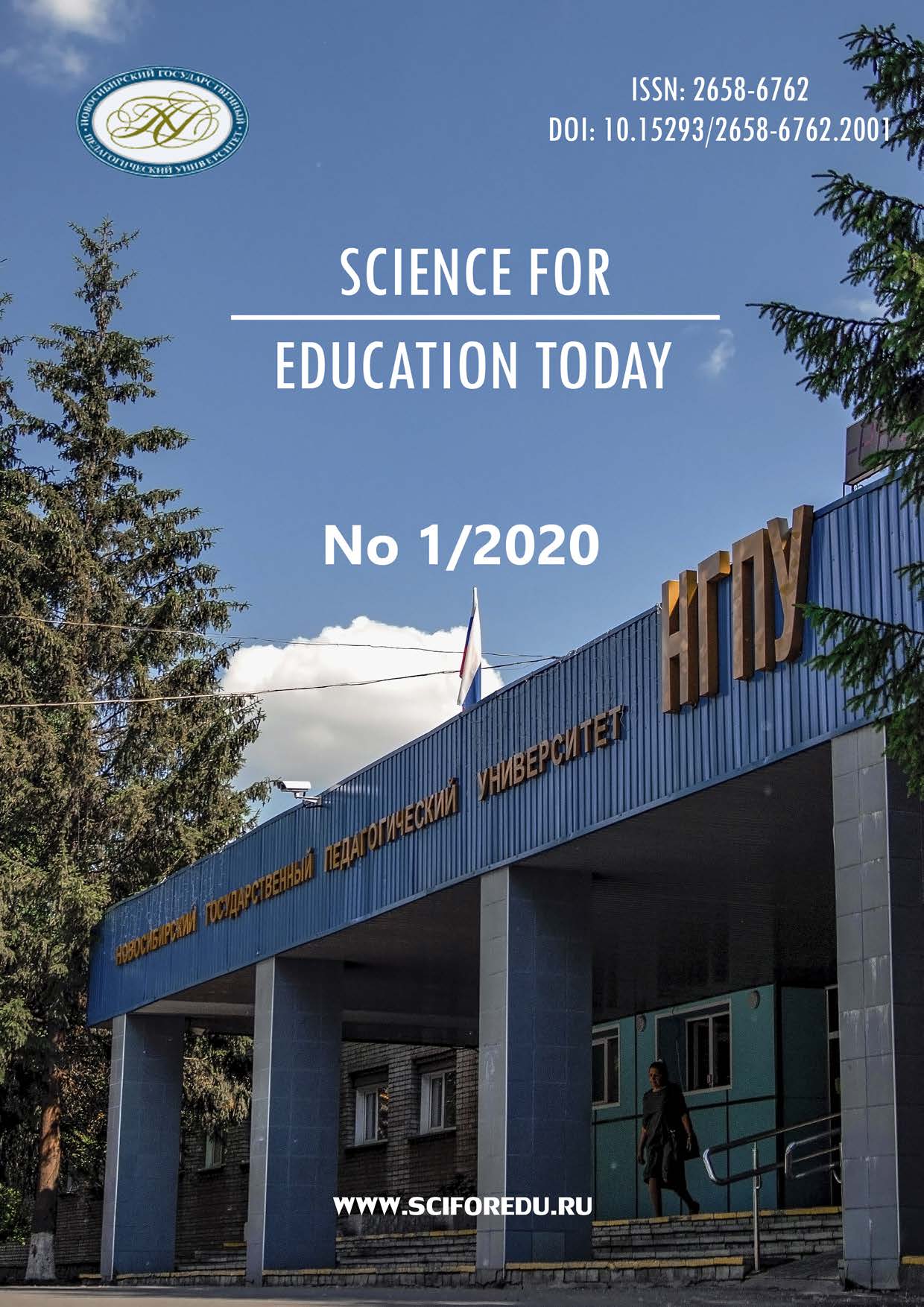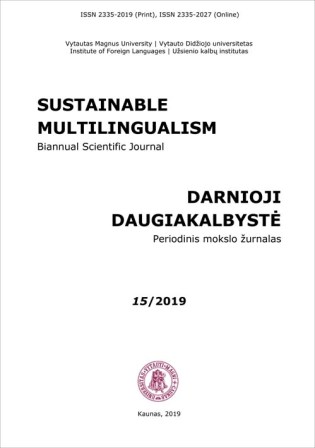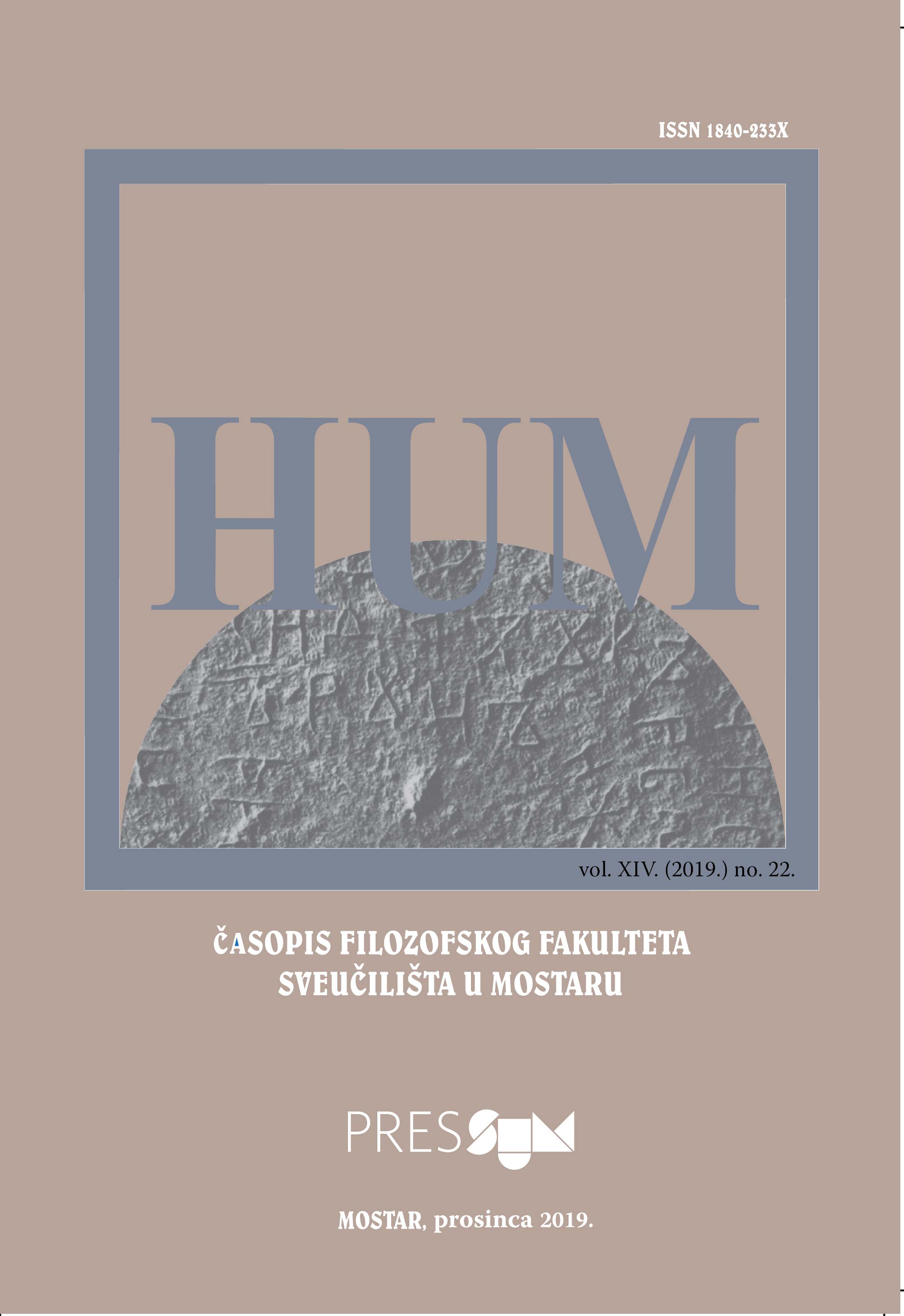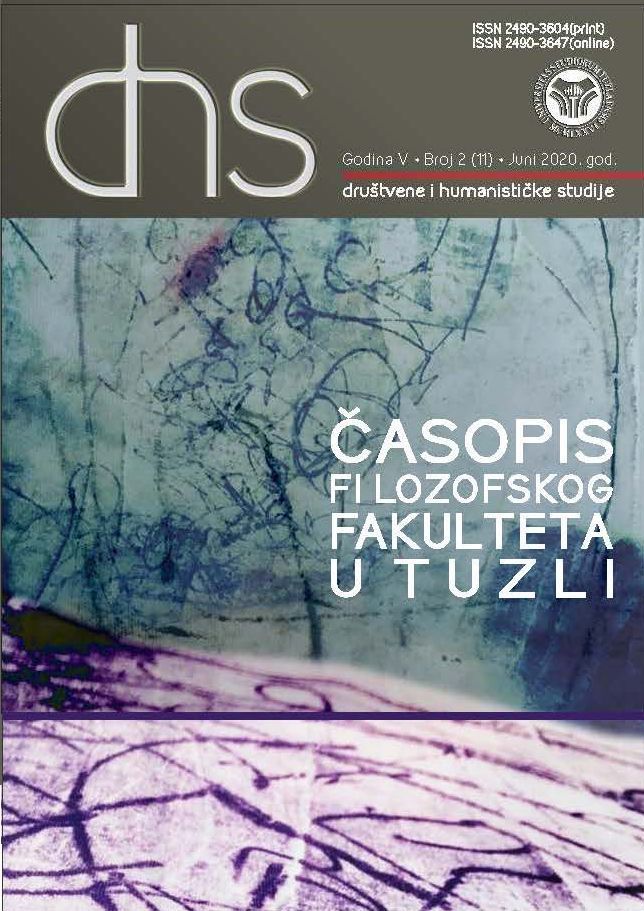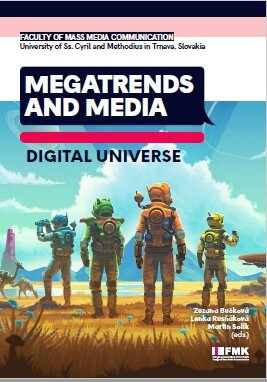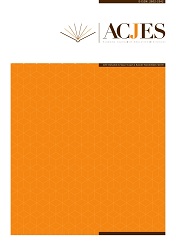WEB 2.0 IN ENGLISH LANGUAGE TEACHING: USING WORD CLOUDS
Wordle is a free word art tool that mixes any chunk of text in production of a visual representation of the content and creates word clouds from text. Word clouds visually highlight the most often used words in the passage. The more frequently a word appears in the text, the larger its size in the visual design. The user can alter the colors, style and layout of the word collage. Wordle has many advantages and benefits in various fields of study. This study aims to introduce Wordle.net as one of the most useful tools for English teachers. It presents different usages of wordling in teaching language skills – reading, writing, speaking and listening. The study also provides further recommendations for English teachers in using Wordle as a teaching tool.
More...
